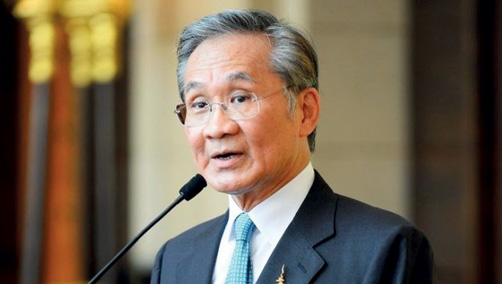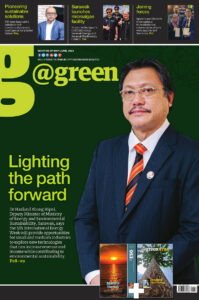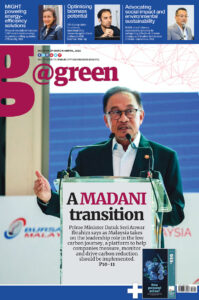Efforts to promote BCG at the policy level have been underway since last October
Thailand has opted for the Bio-Circular-Green Economic Model (BCG) to use natural assets more efficiently with at least impact on the environment as possible. BCG applies a whole society approach—where the government, private sector, academia, and society, collectively implement this principle, eventually putting Thailand on track to building back a healthier, greener and the more inclusive economy as the pandemic subsides.
Efforts to promote BCG at the policy level have been underway since last October to establish two BCG committees. These are the BCG Policy Board of Directors, chaired by the Prime Minister, and the BCG Model Implementation Committee, chaired by the Minister of Higher Education, Science, Research and Innovation, and tasked with designing action plans to implement the BCG model. BCG was subsequently adopted as part of Thailand’s national agenda since January this year.
Thailand’s four strategic areas for the BCG model are based on her economic foundation and
strengths, namely:
- food and agriculture;
- medical and wellness;
- energy, material, and biochemicals; and
- tourism and creative economy.
Focusing on the said areas, Thailand hopes to achieve comprehensive security in critical food, health, energy, employment and sustainable natural resources and environment.
Don Pramudwinai, Deputy Prime Minister and Minister of Foreign Affairs of Thailand opined that BCG was a comprehensive approach towards sustainable development that did not leave our environment behind. The paradigm aims to maintain a balance between man and nature to avoid any disruption that may befall in the form of natural disasters or pandemics like Covid-19.
By promoting balanced development that does not exceed environmental capacity, the BCG model can reduce risks of infectious diseases from humans, plants and animals, and climate change. It hopes to reduce the consumption of natural resources by two-thirds and to reduce pollution and environmental impact from development.
Thailand has expressed its commitment to these causes on numerous occasions. For example, during Thailand’s Chairmanship of ASEAN in 2019, ASEAN Leaders adopted the Bangkok Declaration on Combating Marine Debris to promote the sustainable use of the marine environment. This aligns with Thailand’s policy to reduce and recycle more plastic.
In addition, Thailand is committed to reducing food waste from 30 per cent down to 10 per cent by 2030. Thailand also intends to reduce its greenhouse gas emissions by 20–25 per cent by 2030 to become a low carbon society.
Thailand recognises the benefits of the BCG model on the global economy. It will encourage international partners to exchange technological and scientific resources to activate the BCG model for post-Covid-19 recovery.
Thailand advocates joint efforts to ensure that the world’s natural assets continue to yield resources and environmental services for future generations. This will undoubtedly be included in the agendas when Thailand chairs BIMSTEC in 2021 – 2022 and assumes the role of APEC Host Economy next year. — @green








